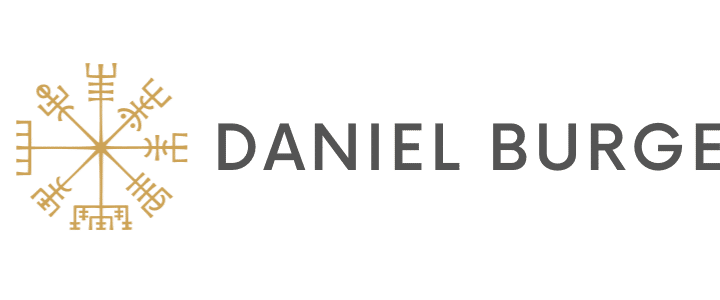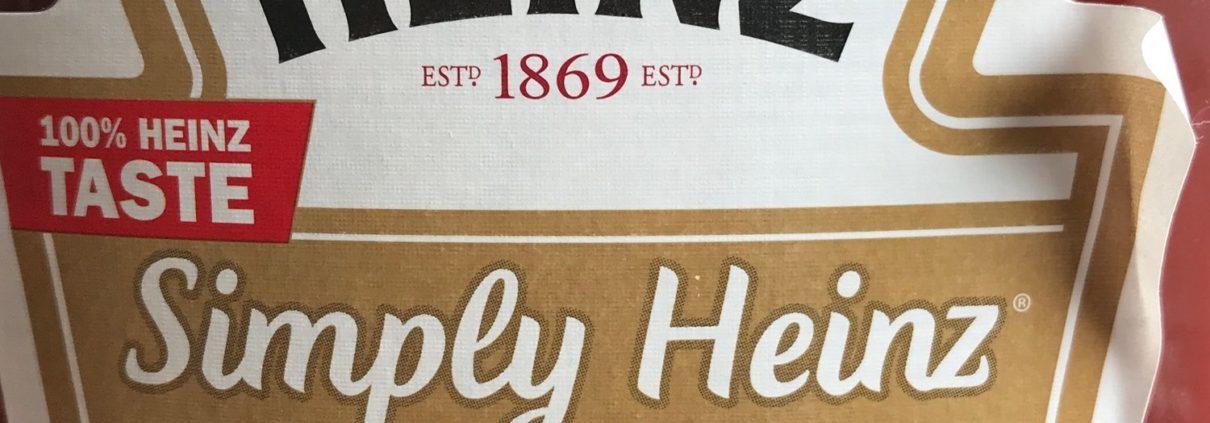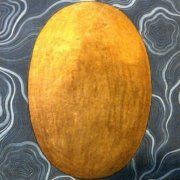I was interviewed about adoption by the author and screenwriter Anne Heffron.
“I have been putting off writing this post because I can’t possibly do the topic justice. I feel like I’m going to try to describe a beautiful baby to you by just showing you the arm.
But what the hell. Here goes.
I read a post on Facebook where a guy, Daniel Burge, was talking about helping an adopted person heal by giving her a dose of oxytocin.
Did someone say oxytocin?
I thought you had to hug or eat chocolate to get that stuff, and there Daniel was dosing someone with it! I wrote to him immediately and asked if he’d let me interview him for a blog post. I didn’t know he was in Ireland. I didn’t know he was a homeopathy practitioner and that he worked with family constellations and adoption and identity trauma healing. All I knew was that he had dosed someone with oxytocin. I was like a dog hot on the scent of a bone: wild, intent, hungry.
I’m going to start at the end. Daniel was one of the most joyful people with whom I have ever spoken, and when we finished our conversation, I went into a funk. It had to do with three bottles of ketchup. I’m still so upset I had to pause right now to regroup. I just want to get those bottles and smash them up and get ketchup all over the walls like blood, but I haven’t figured out a good space to do this in and so these feelings are still in me, waiting to go berserk. Writing before I’ve done the ketchup carnage is difficult, but I want to get this out.
Daniel is adopted, and he talked about how we as adoptees go through something so epic—the transformational experience heroes go through in their journeys–something that causes the ego to fall away and a new, supercharged being to emerge, but because we are so small, we don’t have the brainpower to process this and what makes a hero a hero as an adult can leave us feeling damaged, flawed. Like an outsider. The loss experienced in being relinquished offers a taste of enlightenment, but we are too young to incorporate it into our being in a healthy manner, and so we, often, suffer.
But it is in us, this experience, this transformation, and it makes us amazing people. The trick is to realize what happened to our brains when we were young and to use what damaged us to our advantage.
Daniel explained to me the difference between stress and trauma. Normally, when someone gets stressed, the cause of the stress goes away and the person returns to stasis. What makes a situation traumatic is when the source of the stress doesn’t go away. So, for example, when a child experiences the loss of the mother and the mother doesn’t return, the stress can get intense because the child believes he won’t survive the situation, and he survives by splitting his brain. Now there is a healthy part, a traumatized part, and a survival part, and for the rest of his life, he lives from the survivor part. From then on the person is never really there as he is always waiting for the horrific thing to happen again.
(Not everyone experiences this, and so we have the word “resilient” to describe the ability to experience what others would interpret as trauma but to not interpret it as such.)
But, Daniel says, heaven on earth is available for everyone, even for those who are not now fully present. As a homeopathy practitioner, he works with the healing properties of plants and minerals, and I will write about this in a follow-up post because Daniel is like a Ted conference—there is too much life-changing information to get it in one sitting. How can I possibly talk about the plants when I am focusing on the ketchup?
This brings me to the time in our conversation when he mentioned family dynamics. And this is where things started to get me all worked up.
I don’t even want to write about it. I just want to throw my computer out the window, but because I care about you and I want to share what I learned with you, I’ll try to act like I’m in control of myself for a few more minutes.
I have never been a fan of ketchup, so I am very surprised it has been the object of my furied attention these last few days. I keep thinking about where I can smash the bottles, how it will feel to smash them, how I will feel after I smash them.
So let’s get to the why do I want to smash them part.
Daniel says he keeps a box of faceless figures in his office, but he said I could do this exercise with anything, ketchup bottles for example. Working with what he called soul movements (the important stuff, he said, moves slowly, and so we should connect to where we feel most deeply and move from that place), I can take one bottle and look at it as my birth mother and place it on the table. I can then take the second bottle, my birth father, and decide where it will go on the table, and the third bottle, as I’m sure you can guess, would be me. I could place that where I think it belongs.
As soon as Daniel mentioned “ketchup bottle” and “birth mother,” all I could picture was smashing the bottle against the table as hard as I could, repeatedly, ketchup and glass flying. When he mentioned “ketchup bottle” and “birth father,” I saw myself smashing the two bottles together (the birth mother bottle was miraculously whole again so I could do this), repeatedly, ketchup and broken glass flying. I could not even imagine where I would place the me bottle. I would just smash it against the edge of the table to get rid of it.
Well.
That was not expected.
I had thought Daniel and I were going to talk about oxytocin and how I, as an adopted person, could, frankly, get high.
I told him what I pictured doing to the ketchup bottles and he made some happy Daniel noise. “That’s the beauty of this work,” he said. “It lets you access murderous rage.”
Murderous rage? I had thought I’d pretty much come to terms with my birth parents, the whole adoption scenario. Good lord. What was going to happen when I brought my mom and dad and brothers into the ketchup situation? I can’t even get my brain to go there yet. I have to actually go out and do the first scenario to get it out of my system.
The thing with working with the bottles is that my brain is given images to work with, which is powerful in a way that straight talk-therapy does not access. I had never smashed anything in therapy. Never even thought about it.
Thinking about the bottles shows me that I am so angry with my birth mother for giving birth to me. I am so angry with my birth father for impregnating her, and I am so angry with myself for existing. This is heavy stuff. Maybe it’s part of the reason my stomach hurts much of the time. Maybe it’s why I get irrationally angry when things trigger me. Maybe after I smash the bottles I will be better able to access the sheer joy of being alive, better able to live out the miracle of the fact that two strangers had to meet and have sex in order for me to be born. Maybe then I will better be able to feel just how happy I am to be on this planet, to be me.
So I’m going for it. I’m going to do it outside somewhere tomorrow, on Thanksgiving. It’s the perfect day to make a mess in order to find the joy beneath it all.
I’ll tell you more about Daniel’s work soon. I feel so lucky to have found him”.
 Anne Heffron is the co-writer of the movie Phantom Halo and the author of the memoir You Don’t Look Adopted. She blogs about adoption, writing, and motherhood at anneheffron.com.
Anne Heffron is the co-writer of the movie Phantom Halo and the author of the memoir You Don’t Look Adopted. She blogs about adoption, writing, and motherhood at anneheffron.com.



